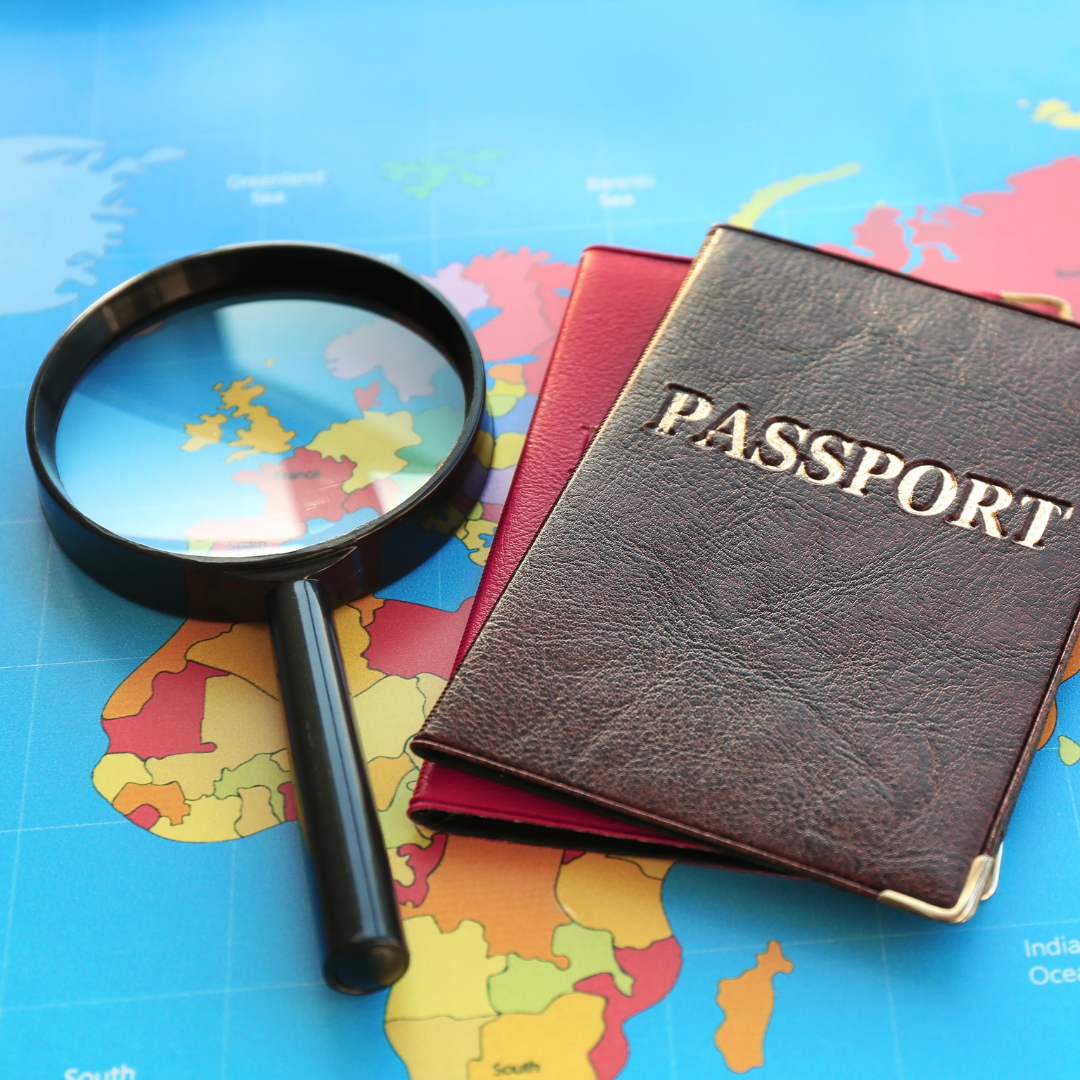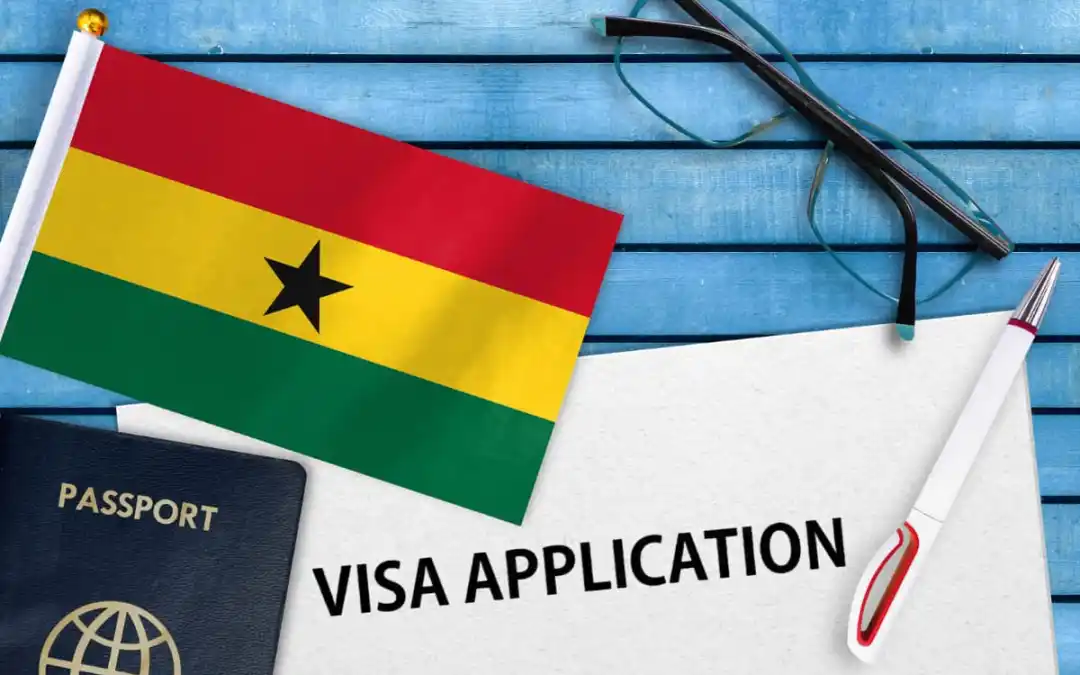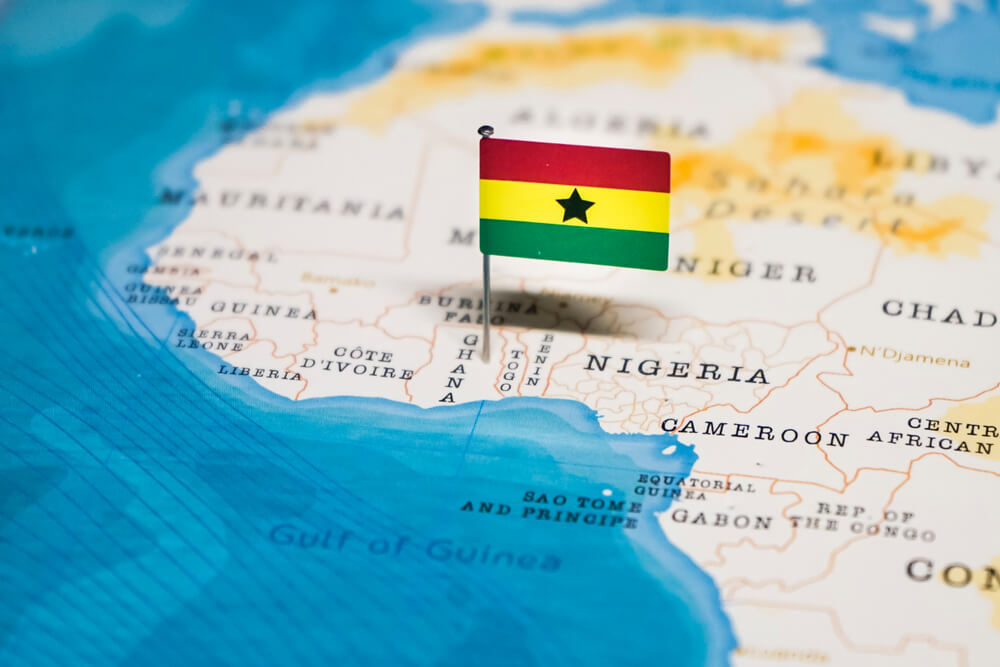The Ghana Immigration Service (GIS) is one of Ghana’s most important public institutions. Established under Article 190 of the 1992 Constitution and regulated by the Immigration Service Act, 2016 (Act 908), it is the body responsible for managing the movement of people into and out of the country. But beyond its role as a regulatory authority, the GIS offers a wide range of services that benefit travelers, foreign residents, investors, students, and members of the Ghanaian diaspora. Understanding what the Service provides can save time, prevent legal complications, and open up real opportunities for people looking to live, work, or do business in Ghana.
Here is a clear breakdown of the key benefits the Ghana Immigration Service provides.
1. A Wide Range of Visa Options
One of the most practical benefits of the GIS is the variety of visa categories it offers. Whether you are visiting Ghana for tourism, business, transit, study, or an emergency, there is a structured, legal pathway for your entry. The Service issues the following types of visas:
- Visa on Arrival and Emergency Entry Visa
- Transit Visa for passengers passing through Ghana
- Re-Entry Visa (single and multiple) for residents returning from abroad
- Tourist and Visitor Visa
- Business Visa
- Study Visa and Student Permit
- Work Visa
- Gratis Visa for eligible diplomatic and official travelers
Having all these options under one government body means travelers and applicants can follow a clear, organized process rather than navigating multiple agencies.
2. Work and Residence Permits for Foreign Nationals
Ghana is one of the most politically stable and economically open countries in West Africa, and the GIS makes it possible for foreign nationals to live and contribute legally. The Service issues work and residence permits across several categories, including:
- Work and Residence Permit for companies employing expatriate staff
- Work and Residence Permit for missionaries, NGO workers, and GIPC shareholders
- Residence Permit for students enrolled in Ghanaian institutions
- Residence Permit for dependants of permit holders
For businesses and individuals alike, these permits provide the legal foundation to operate in Ghana with confidence. Ghana’s democratic stability, peaceful transitions of power, and investor-friendly environment make it a compelling destination, and the GIS permit framework ensures that the process of getting established is structured and transparent.
3. Visa and Permit Extension Services
Plans change. Projects run longer than expected. Relationships develop. The GIS recognizes this and offers extension services for both visas and permits. This means that visitors and foreign residents who need more time in Ghana can apply to extend their legal status without having to leave the country and start the process again from abroad. This is a significant practical benefit that reduces disruption and cost for individuals and businesses operating in Ghana.
4. Right of Abode for Diaspora Members
The Right of Abode is a special status that allows certain individuals, particularly those of Ghanaian descent or with strong historical ties to the country, to live and work in Ghana without a standard residence permit. This is one of the most meaningful benefits the GIS offers to the global Ghanaian diaspora, providing a legal and official route to reconnect with the homeland. It removes the ongoing requirement for permit renewals and gives recipients a more settled legal standing in the country.
5. Indefinite Residence Status
For long-term foreign residents who have built their lives in Ghana, the GIS offers a pathway to indefinite residence status. This grants a more permanent legal standing and reduces the administrative burden of repeated renewals. It is one of the strongest signals the Ghanaian immigration system sends to those who have made a lasting commitment to the country, offering security and continuity for individuals and their families.
6. Border Security and National Stability
The GIS plays a direct role in Ghana’s national security, and this is a benefit that every resident and visitor enjoys, even if they rarely think about it. The Service manages and patrols the country’s borders, examines travel documents at all points of entry and exit, and operates within the framework of Ghana’s anti-terrorism legislation. The result is a stable, secure environment that underpins Ghana’s reputation as one of Africa’s safest and most welcoming destinations.
7. International Cooperation and Partnerships
The GIS does not operate in isolation. It works alongside a network of international partners including the International Organisation for Migration (IOM), the International Centre for Migration Policy Development (ICMPD), the Ghana Free Zones Authority, the Ghana Tourism Authority, and the Ministry of Interior. These partnerships bring additional expertise, funding, and best-practice standards to Ghana’s immigration system, ultimately raising the quality of service for everyone who interacts with the GIS.
8. Transparent Fees and Charges
The GIS publishes its full schedule of fees and charges on its official website. This transparency allows applicants to plan and budget accurately without encountering unexpected costs midway through the process. The Service has made clear that transparency in fee disclosure is a core part of maintaining public trust, and this commitment to openness is a genuine benefit to anyone navigating the immigration system.
9. 24/7 Availability Across All 16 Regions
The GIS operates around the clock, seven days a week, with a customer support line available at all times. With regional commands covering all 16 regions of Ghana including Greater Accra, Ashanti, Western, Central, Volta, Northern, Upper East, Upper West, Bono, Savannah, Oti, and more, the Service is not limited to Accra. This nationwide footprint means that immigration services are accessible to communities across the entire country, from border towns to regional capitals.
The Ghana Visa on Arrival: A Closer Look
Among the GIS services, the Visa on Arrival (VOA) from Diaspora Affairs Ghana deserves special attention because it is one of the most practical entry options for travelers who cannot obtain a Ghanaian visa in advance. It is available to foreign nationals traveling for tourism or business who meet the eligibility requirements and is processed at Kotoka International Airport in Accra.
To be eligible, travelers must hold a valid passport with at least six months remaining before expiry, carry a return or onward ticket to a third country, and must not be classified as a prohibited immigrant. Citizens of ECOWAS member states and certain other nationalities may be exempt from requiring a visa at all.
Pre-Approval
One important aspect that many travelers overlook is the mandatory pre-approval requirement. Pre-approval is not optional. Airlines require it before allowing passengers to board, and arriving without it can mean delays or denied entry at the immigration counter. Pre-approval involves submitting a notice of intent at least three business days before travel, including the traveler’s full name, a photocopy of their passport, dates of arrival and departure, and the purpose of the visit.
Once pre-approval is confirmed, processing at Kotoka International Airport typically takes between 15 and 45 minutes. A final payment of $200 USD is made at the immigration counter on arrival. The visa is valid for 30 days and cannot be extended, though travelers wishing to stay longer can apply for a visa extension through the GIS before their visa expires.
Final Thoughts
The Ghana Immigration Service is far more than a checkpoint at the airport. It is the institution that makes it possible for Ghana to remain open to the world in an organized, secure, and legally sound way. For travelers, the range of visa options means there is almost always a pathway available. For investors and professionals, the permit framework provides a reliable legal foundation. For the diaspora, the Right of Abode and indefinite residence pathways offer a genuine route home.
Whether you are planning your first visit or have lived in Ghana for years, understanding the services and benefits offered by the GIS will help you move through the system with greater ease and confidence.









